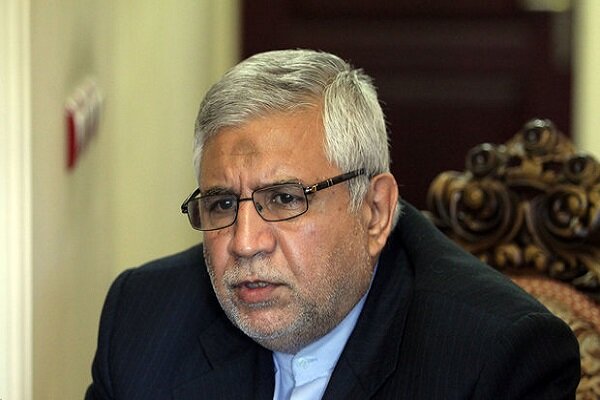Iran will hold a runoff presidential election on July 5 after Friday's vote saw none of the four candidates securing an outright win.
According to the final count announced by the election headquarters on Saturday, Masoud Pezeshkian garnered the highest number of votes — 10.4 million.
His closest competitor, Saeed Jalili, came second with 9.4 million votes.
Parliament speaker Mohammad Bagher Ghalibaf trailed behind with 3.3 million votes, while former Interior Minister Mostafa Pourmohammadi received just over 206,000 votes.
In order to shed more light on this issue, Mehr News Agency reached out to the Iranian political expert and the former diplomat, Mohsen Pakaeen, asking his opinion on the upcoming election.
In this interview, Pakaeen mentioned 4 fundamental foreign and economic policies that the future Iranian government must adopt in order to follow the path of martyr Raeisi.
The following is the text of the interview:
If the president and the foreign minister of the upcoming administration follow the approaches of President Raeisi's administration, good achievements will be attained in the field of foreign policy
Boosting ties with neighboring countries within the neighborliness policy is one of these foreign policies.
Regarding the fact that the Islamic Republic of Iran enjoys almost 25 near and distant neighbors and has the most neighbors after China, the policy of boosting ties with neighbors must be continued and must be put on the agenda of the upcoming administration.
As Iran is the bridge of Asia and Europe, the country can seize the opportunity to promote its trade, energy, and transit ties with friendly and neighboring countries.
Iran can also cooperate with its neighbors in security fields like fighting against terrorism and drug trafficking.
As the US and its European allies have hostile behavior towards Iran and it seems that these hostilities will not end soon, therefore the "look east" strategy is so constructive for Iran.
Look East strategy can be followed in two geographical and political fields. Countries located in eastern Iran, specially eastern Asia, include China, Japan, and South Korea.
In the political context, the concept of East refers to countries standing against the Western unilateralism imposed on other countries by the US.
Iran can also boost its ties with its friends in East and West Asian, African, and Latin American states.
Boosting presence in the West Asian region has strengthened Iran and other regional countries.
Iran's joint cooperation with regional countries, in the framework of Resistance Front, to counter terrorism, Zionism, hegemonism and West interference has achieved many good results and all countries benefitted from this cooperation.
The path of strengthening Resistance must remain on the agenda of our foreign policy. Also, there should be a coordination between Iran's diplomatic apparatus and the country's adversary forces in the region.
The other issue is the 4+1 negotiations. The Islamic Republic of Iran must follow these negotiations with the aim of lifting sanctions imposed on Iran.
It was the US that left the table of negotiation by withdrawing JCPOA and failed to fulfill its commitments and in return, Iran adopted reciprocal measures.
Also, Iran must adopt active diplomacy to take measures regarding the lifting of sanctions.
The officials of the upcoming government must also take active economic diplomacy to boost cooperation with friendly countries and pave the way for private sectors in different countries.


























Your Comment